Curveballs: Not Just for Baseball
As part of my continuing education requirements, I had the opportunity to (virtually) attend a conference sponsored by the Institute for Divorce Financial Analysts, which is a specialized area of planning around the financial impact of a divorce. Although some of this planning overlaps with the advice that I provide in my day-to-day work as a financial planner, there are also a few topics where the assumptions used are quite different – which is primarily a result of statutes and case law within a client’s state of residence.
I’ve met people through the years who felt like they didn’t receive good advice during the divorce process. In some instances, they were left with an illiquid asset when they needed income, or they negotiated a settlement without considering the future tax impact. While Minnesota is a “equitable distribution” state – which means that while the settlement should be fair, it doesn’t necessarily mean it’s equal – it is possible that you can end up divorced without a clear understanding of how you might move forward from a financial perspective.
At the same time, I also attended a Twins game with a friend who is a well-regarded divorce attorney in the area. Even though my head was full of technical information on assessing the financial impact of a divorce settlement, I wanted to better understand how she constructs a strategy for her clients. She shared with me how she considers the distribution of assets vs. spousal maintenance payments in a divorce settlement negotiation; when she thinks about a longer-term timeline over an immediate settlement; and the areas where both parties are more open to negotiation – and the topics that are more challenging. While this was probably a 30-minute discussion, tops – there was a baseball game going on! – I came away with a better understanding from her years of experience working with clients on these very issues.
Social scientists tell us that we now live in a time when the amount of information available is growing exponentially each year. And yet, it can be difficult to sort through and find knowledge that is specific and applicable to our own individual situation. And when you consider that most people find it difficult to talk about their own financial situation, it’s not surprising that we often struggle to make sound financial decisions, particularly in times of stress or transition.
Which brings me back to my friend, who had the insight from her years of experience in working with people in a similar situation. Even as I continue to learn in a variety of areas – both personally and professionally – I also reflect on those times when I decided to seek professional advice. Even when I start out with a little information (thank you, Google!), the most helpful part when talking with a professional is the nuance that comes with experience.
You might be facing a transition yourself, or there’s an area in your life that you’ve been reluctant to address for a variety of reasons. Sometimes, the first step is the simplest: consider contacting someone who has experience in that very area. It may be the best gift to yourself and the beginning of a way forward
~ Presented by Danica Goshert

